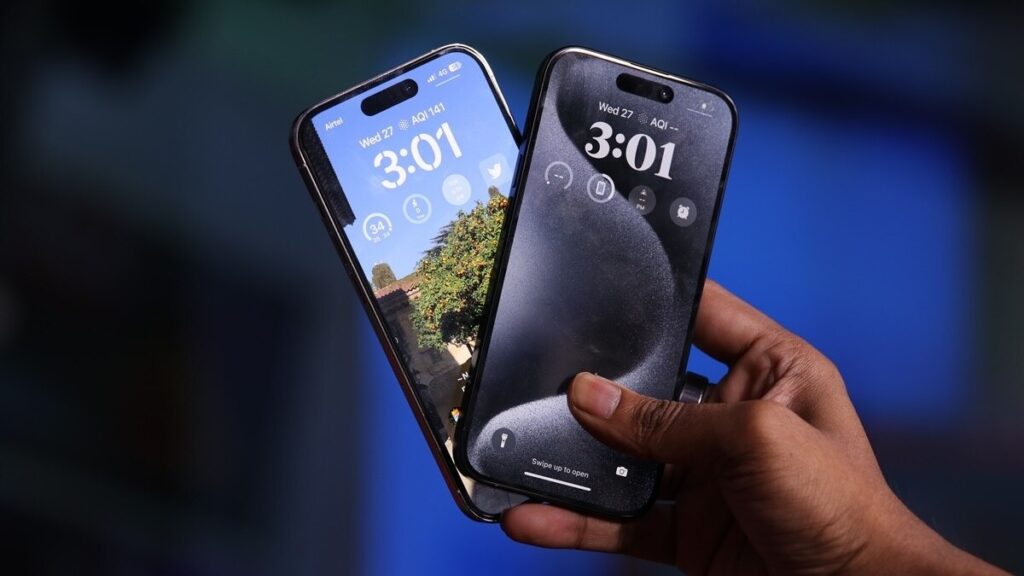Planning to upgrade to the latest iPhone but not sure? Upgrading to the latest generation iPhone can be exciting, but with iPhones being a significant investment, it’s crucial to make an informed decision. Also if your current iPhone is functioning well, you might not necessarily need the upgrade.
To help users see the perks of upgrading and what changes are available with the latest generation iPhones, Apple has a dedicated ‘Why Upgrade’ page that simplifies comparing your existing iPhone to the newest models.
How to compare your iPhone
Here’s a step-by-step guide on how to compare your iPhone with the latest models:
- Open your web browser and go to apple.com/in/iphone/why-upgrade/.
- Scroll down the page until you find the section titled “Your iPhone vs the Latest.”
- From the options available, choose the iPhone model you currently own.
- After selecting your current iPhone model, choose the iPhone model you are interested in upgrading to from the latest lineup.
- Once you’ve added the details, the Apple webpage will generate a comparison between your current iPhone and the latest model you selected. This comparison will highlight all the new features and improvements available in the latest iPhone model compared to your current one.
When should you upgrade your iPhone?
But when should you really upgrade your iPhone? Apple releases new iPhones annually, often boasting improved cameras, faster processors, and longer battery life. If you really like to be up to date with the latest iPhone and want the new features, upgrading to the latest model might be tempting.
But when should you really upgrade? Other than getting the latest of Apple’s iPhone, deciding when to upgrade your iPhone depends on your individual needs and priorities. Here are some factors you can consider:
Performance: If your current iPhone is slow, crashing frequently, or struggling to run apps, these could be signs it’s time for an upgrade. A newer iPhone will provide a smoother and more responsive experience.
Software updates: Apple typically supports iPhones with software updates for several years after their release. These updates are important for security and functionality. If your iPhone is no longer eligible for updates, it becomes more vulnerable to security risks. Upgrading can ensure you have continued access to the latest software and security patches. On Apple’s comparison page too, Apple only allows users to compare iPhones with the last 5 generations.
Battery life: Does your iPhone die quickly throughout the day? A fresh battery in a newer iPhone can significantly improve your experience. Upgrading to a new iPhone can ensure you have enough power to last throughout the day.
Storage space: If you’re constantly running out of storage for photos, videos, and apps, you might consider upgrading to a model with more storage capacity.
However, if your current iPhone is working well and you don’t necessarily crave the newest features, you can likely wait to upgrade. Upgrading every two to three years is a common cycle, often coinciding with phone contract renewals. However, if your phone is experiencing performance issues or software update limitations, upgrading sooner might be a better decision.


